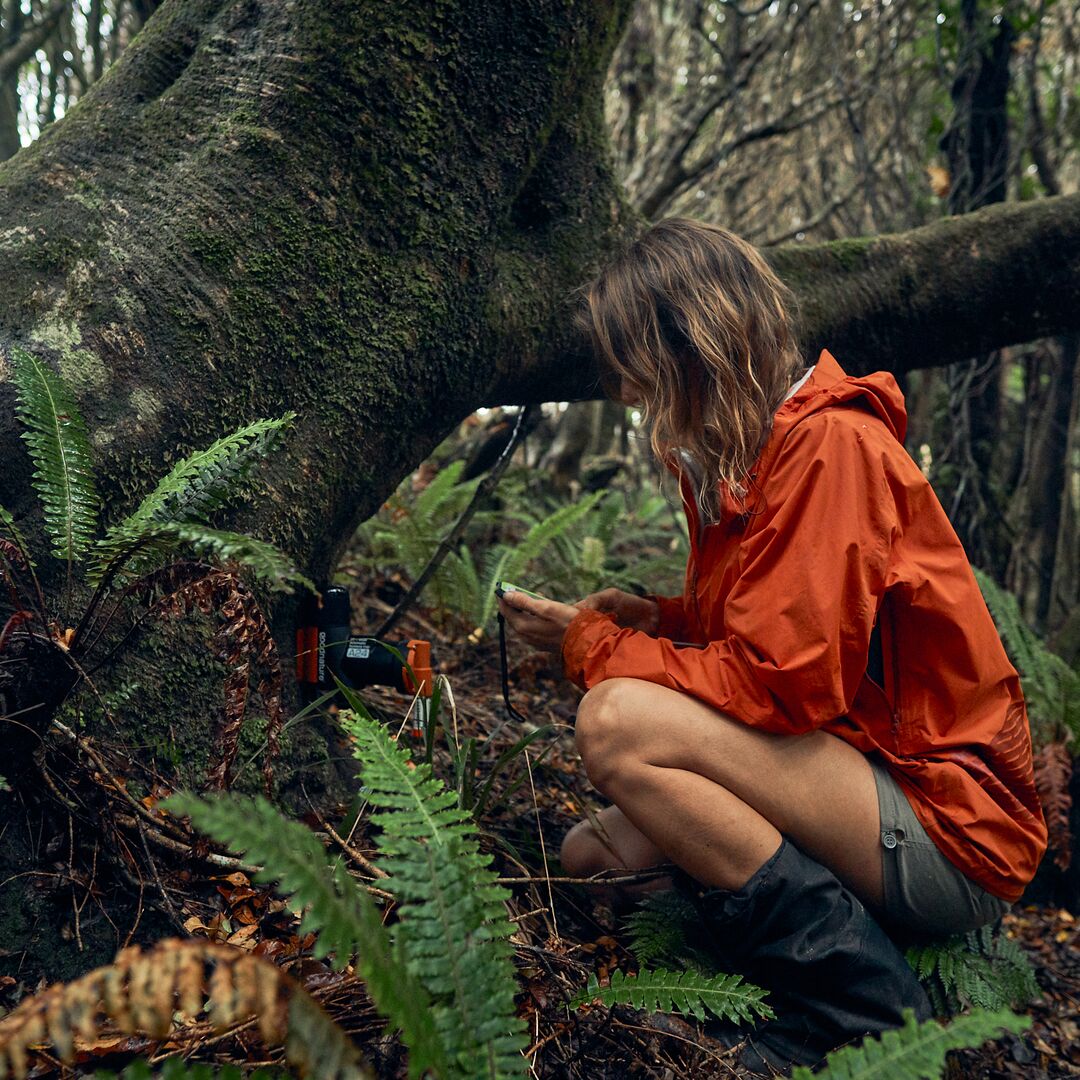
Get to know if trapping squirrels is allowed in your state.

Trapping Squirrels in Alabama - AL
For Trapping Squirrels in Alabama, you must obtain a permit from the Department of Conservation and Natural Resources if they are causing crop or property damage or posing a safety concern. Feral swine and coyotes do not require specific damage demonstration. Permits are issued to landowners, lessees with permission, or official agents. The disposal and use of wildlife are directed by the issuing agent. Permits specify the means, methods, and validity period. Wildlife damage control businesses need a permit and must follow specified terms. Property owners or tenants can trap certain animals causing damage without a permit. Blackbirds causing damage or posing a nuisance can be taken without a permit. All activities must comply with state and local laws. Relocating live animals across county lines or major river drainage is prohibited.
Quoted Material

Trapping Squirrels in Alaska – AK
in Alaska, hunting and trapping red squirrels offer a rewarding opportunity often overlooked. With no limit or closed season, it's a cost-effective endeavor that requires minimal equipment. Pellet rifles, .410 shotguns, or .22 rifles are suitable for squirrel hunting. Locating squirrels is made easier by their alarm chatters and distinctive middens in spruce forests. However, it's essential to adhere to regulations. Hunters aged 18 and above must possess a valid hunting license, while additional requirements apply to specific game management units. Basic Hunter Education courses are necessary for individuals born after January 1, 1986. Compliance ensures responsible and sustainable squirrel hunting in Alaska.
Quoted Material
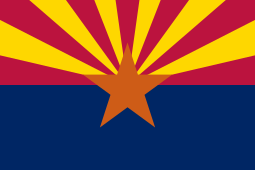
Trapping Squirrels in Arizona – AZ
Trapping Squirrels in According to the Arizona Game and Fish Department, trapping squirrels is not allowed in Arizona. The department emphasizes the importance of conserving native wildlife species and their habitats. While tree squirrels are present in the state, trapping them is not a legal method of control or management. It is advisable to explore alternative strategies for addressing squirrel-related concerns in Arizona.
Quoted Material
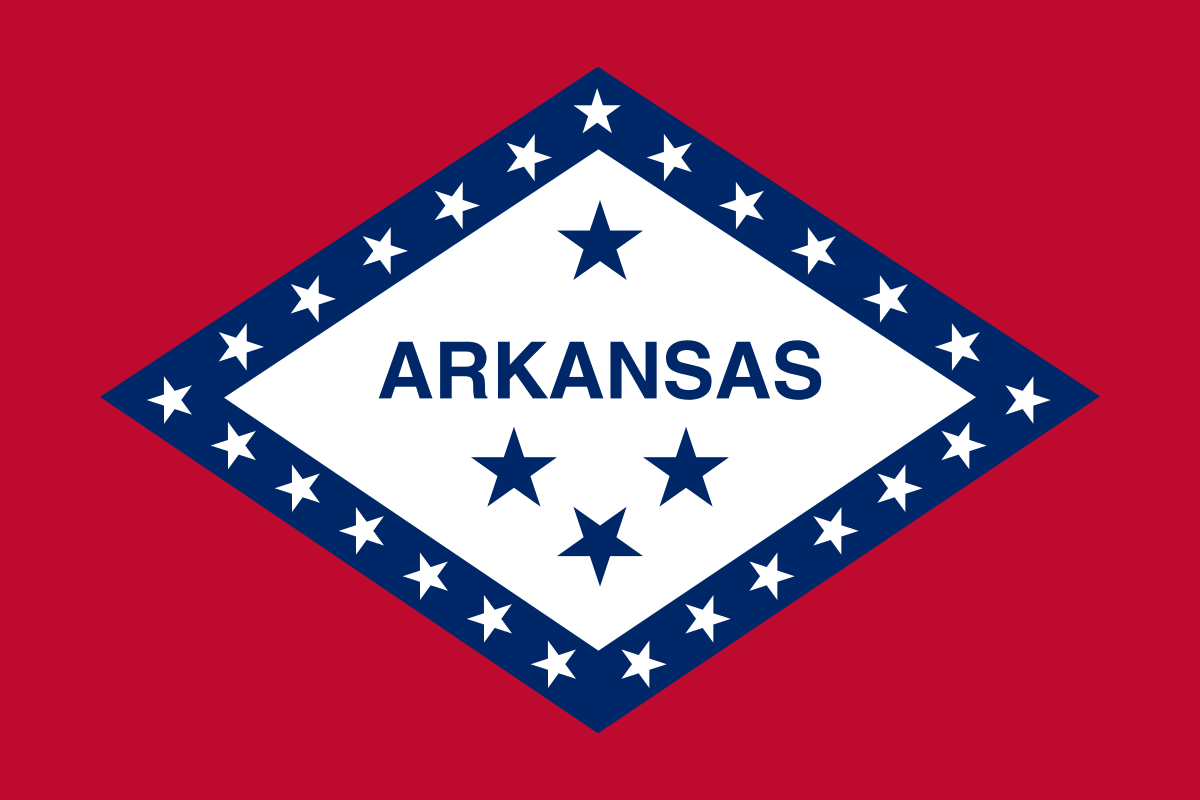
Trapping Squirrels in Arkansas – AR
In Arkansas, it is possible to trap squirrels and certain nuisance wildlife year-round. Depredation Permits are required for trapping outside of the designated trapping season or shooting wildlife at night. Live traps can be used by landowners or their designees without a permit. Trapped animals must be released unharmed within 24 hours on private land with permission. Municipal ordinances must be followed for trapping in towns.
Quoted Material
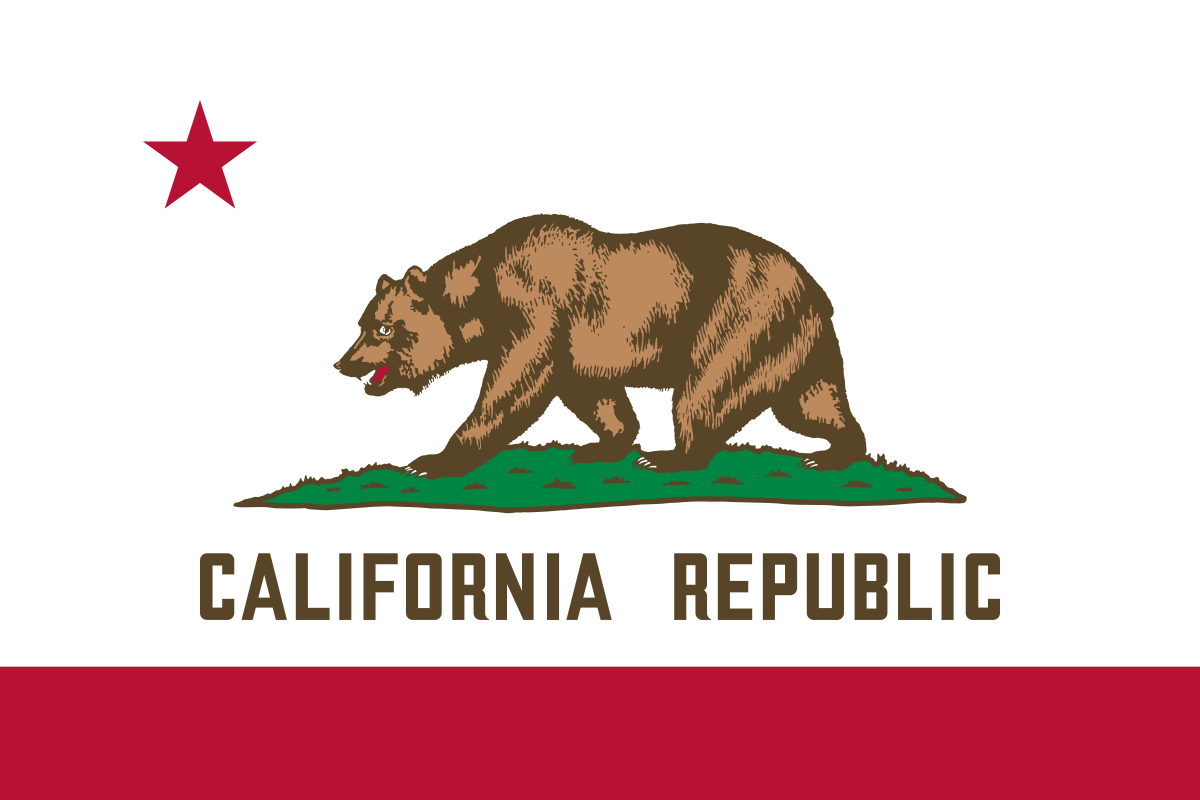
Trapping Squirrels in California – CA
According to the University of California Agriculture and Natural Resources, no license is required to trap ground squirrels in California if they are causing damage on your property. It is permissible to trap ground squirrels for personal use or to hire professionals to do so. However, certain regulations must be followed when using traps, such as checking them regularly and humanely euthanizing captured squirrels. Therefore, it is possible to trap squirrels in California to address property damage.
Quoted Material
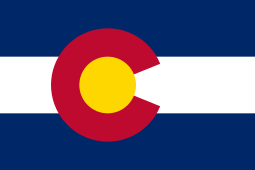
Trapping Squirrels in Colorado – CO
According to the Colorado Parks and Wildlife Department's guidelines on nuisance wildlife, it is generally permissible to trap squirrels in Colorado. However, there are certain requirements and regulations to follow. A valid trapping license is necessary, and traps must be labeled with the trapper's information. Additionally, traps should be checked regularly, and captured squirrels must be released unharmed or euthanized following state guidelines. It is essential to consult the specific regulations provided by the department for accurate and up-to-date information on trapping squirrels in Colorado.
Quoted Material
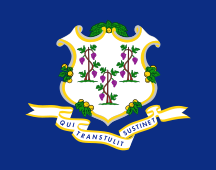
Trapping Squirrels in Connecticut – CT
Homeowners in Connecticut are strictly prohibited from trapping and shooting wildlife, including squirrels, outside of regulated seasons. However, if squirrels are causing property damage or pose a threat to public health and safety, trapping and shooting may be allowed under the state's regulated season trapping and firearms laws. Compliance with state and local regulations, as well as any applicable local ordinances, is necessary. For more information, it is advised to refer to the CT Hunting and Trapping Guide and consult the CT Law Library for state firearms regulations.
Quoted Material

Trapping Squirrels in Delaware – DE
Within the limits of residential property in Delaware, it is permissible to trap and remove certain species of wildlife, including gray squirrels, raccoons, and opossums. Therefore, it is possible to trap squirrels in Delaware, as long as it is done within the specified limits and in accordance with the relevant regulations.
Quoted Material
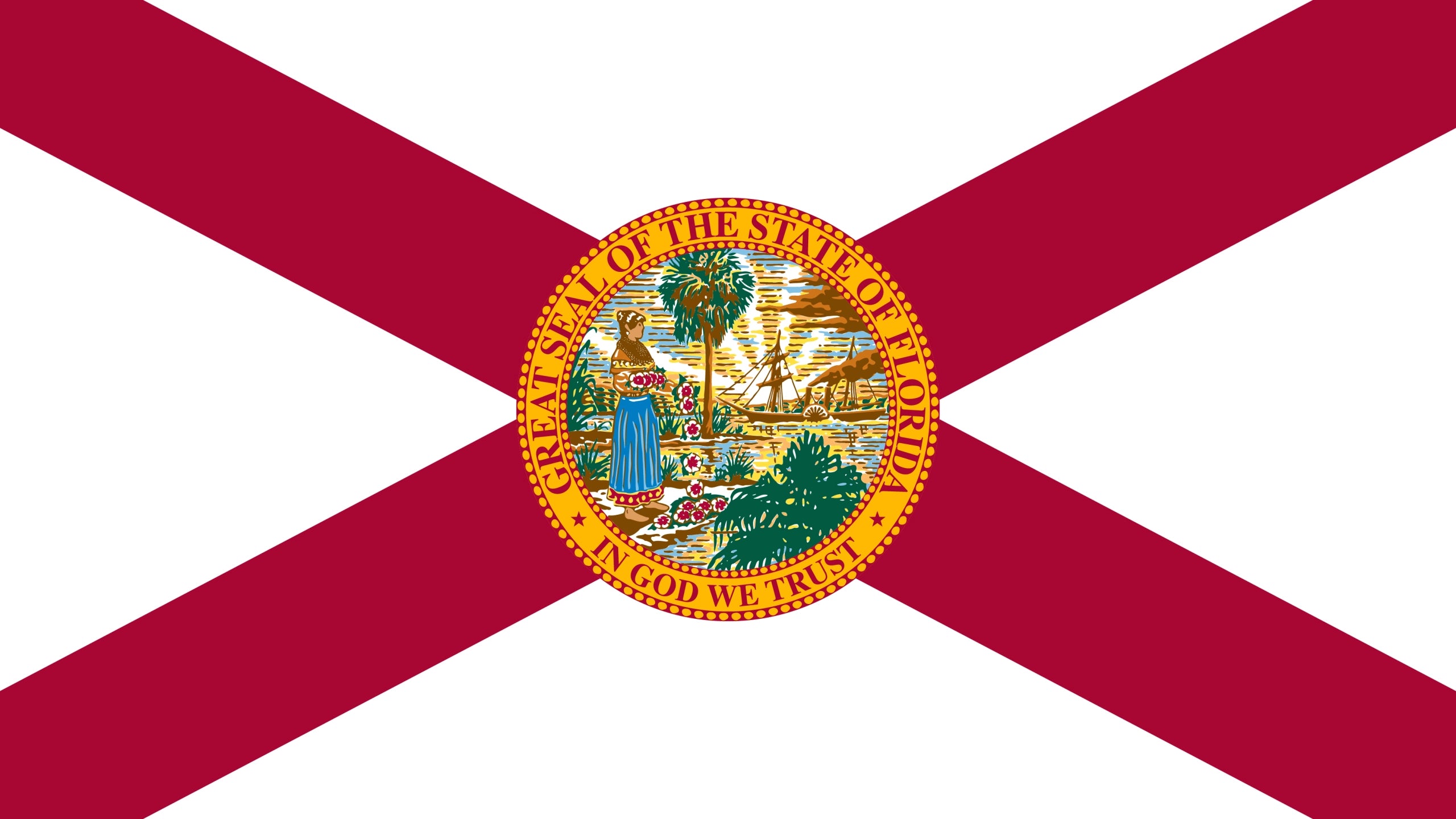
Trapping Squirrels in Florida – FL
In Florida, it is possible to trap and remove nuisance wildlife, including squirrels, as defined in Florida Administrative Code. However, traps must be checked at least once every 24 hours. This suggests that trapping squirrels is allowed under specific circumstances and regulations in Florida.
Quoted Material
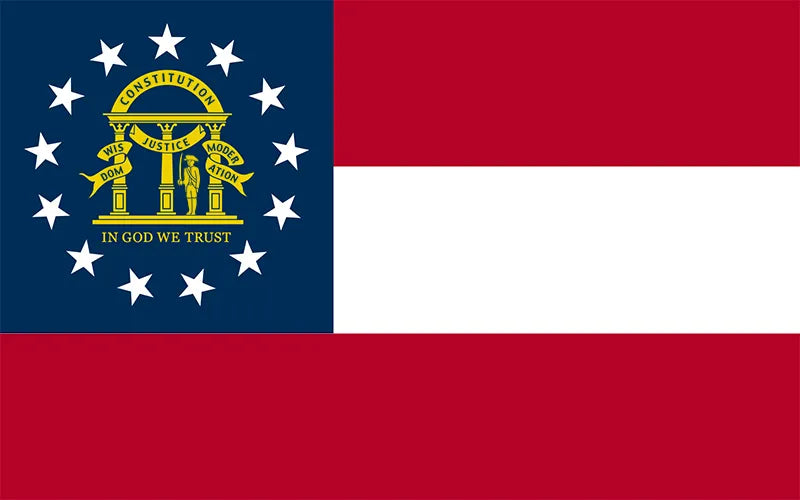
Trapping Squirrels in Georgia – GA
In Georgia, trapping squirrels is allowed according to the trapping regulations set by the Georgia Department of Natural Resources. These regulations provide specific guidelines and requirements for trapping methods and procedures. Additionally, squirrel hunting season in Georgia begins on August 15th, allowing hunters to legally pursue squirrels during the designated season.
Quoted Material
Additional sources
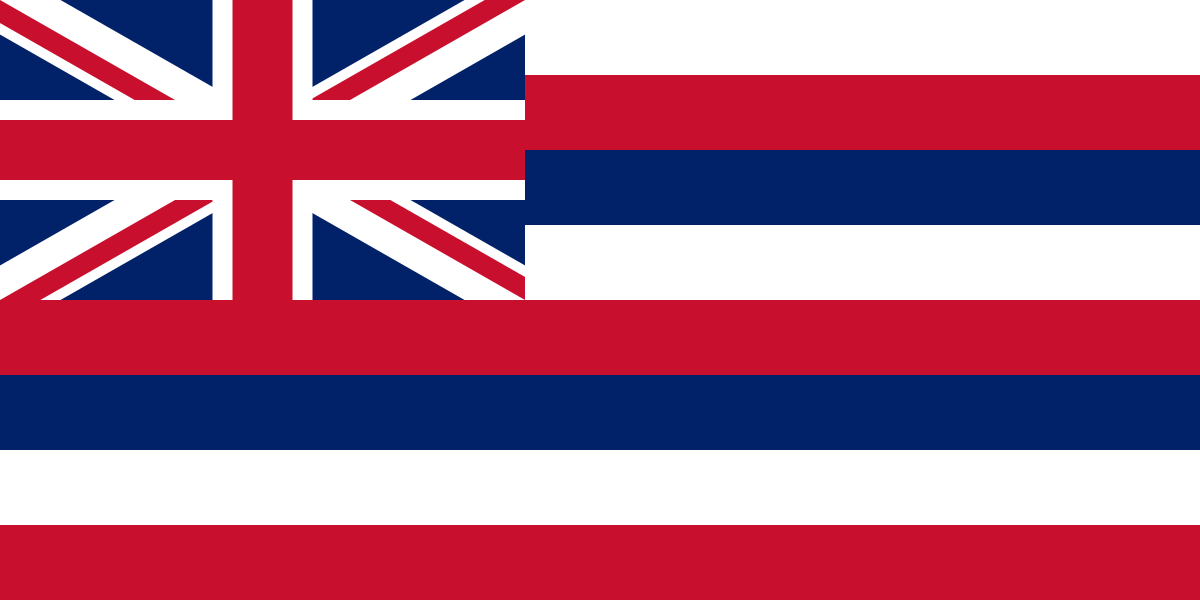
Trapping Squirrels in Hawaii – HI
There are no native squirrel species in Hawaii. The state's isolation and lack of suitable habitat have prevented squirrels from establishing wild populations. Therefore, trapping squirrels in Hawaii would not be possible because there are no squirrels to trap.
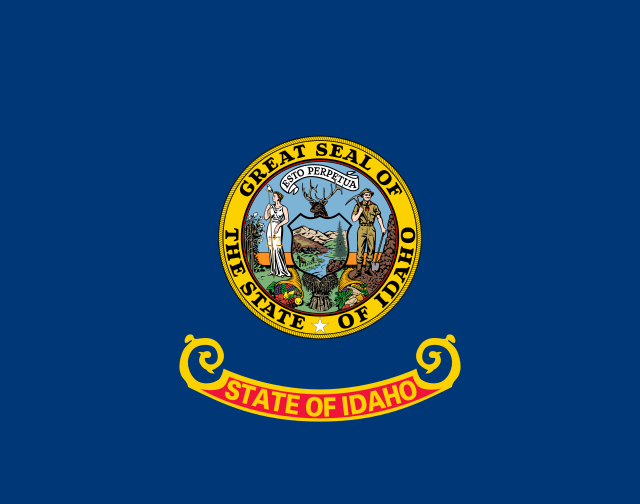
Trapping Squirrels in Idaho – ID
According to the Idaho Department of Fish and Game, trapping ground squirrels is permitted in Idaho without the need for a special permit. Trapping can be done for personal use or by hiring professionals. However, it is important to follow specific trapping regulations and guidelines set by the department. These guidelines typically include requirements such as using appropriate traps, checking traps regularly, and following ethical and humane trapping practices. It is recommended to consult the department's website or contact them directly for comprehensive and up-to-date information on trapping squirrels in Idaho.
Quoted Material
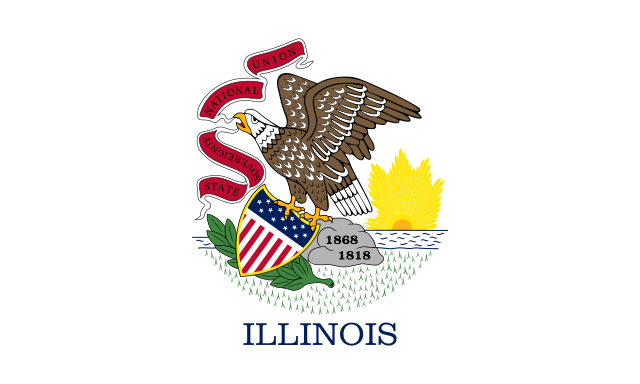
Trapping Squirrels in Illinois – IL
In Illinois, trapping squirrels is generally not allowed, as the focus is on utilizing non-lethal methods for managing squirrel conflicts. While it is important to note that trapping squirrels without permission is discouraged, it is advisable to inquire with the relevant local or state wildlife agency to explore the possibility of obtaining a permit specifically for squirrel trapping. They can provide detailed information regarding permits and any potential exceptions or regulations that may apply in Illinois.
Quoted Material

Trapping Squirrels in Indiana – IN
A wildlife removal permit is required to trap squirrels in Indiana. This indicates that trapping squirrels is possible, but it must be done in compliance with the regulations and guidelines outlined by the department. It is recommended to obtain a wildlife removal permit and follow the specific requirements set by the Indiana Department of Natural Resources.
Quoted Material
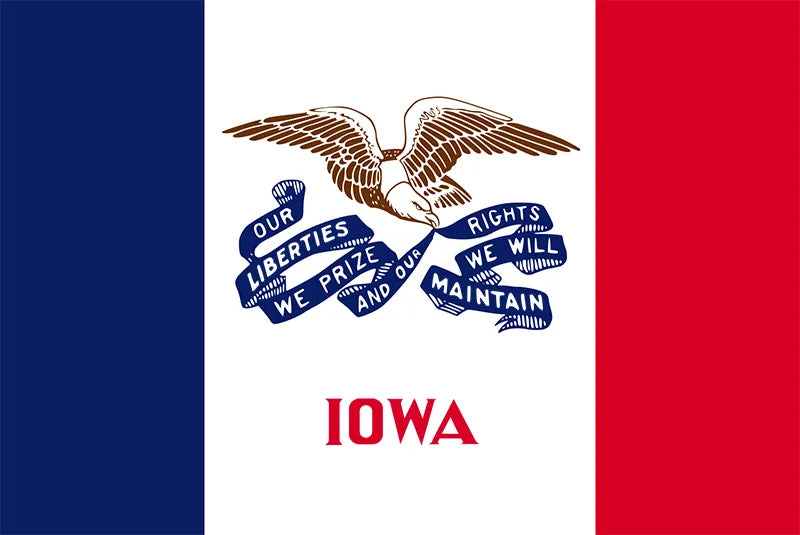
Trapping Squirrels in Iowa – IA
According to the Iowa Code section 481A.92, squirrels can be legally trapped in Iowa. However, specific regulations and season dates for trapping squirrels are determined by the Iowa Department of Natural Resources (DNR). It is crucial to consult the DNR's official website or contact them directly to obtain up-to-date information on trapping seasons, permitted trapping methods, bag limits, and any additional requirements or restrictions that may apply when trapping squirrels in Iowa.
Quoted Material
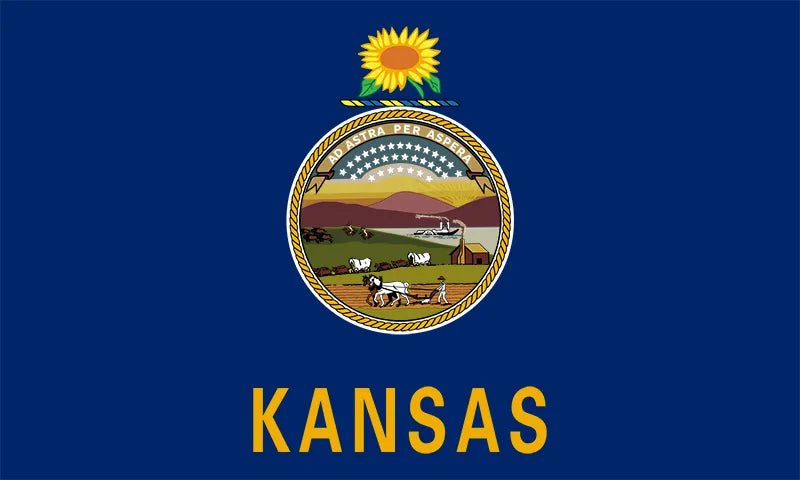
Trapping Squirrels in Kansas – KS
In Kansas, it is generally possible to trap squirrels. The state has an open season for squirrel hunting and trapping. However, it is crucial to consult the specific regulations outlined by the Kansas Department of Wildlife, Parks and Tourism to ensure compliance with any additional requirements or restrictions that may apply. It is recommended to refer to the official state wildlife agency for detailed and up-to-date information on trapping squirrels in Kansas.
Quoted Material
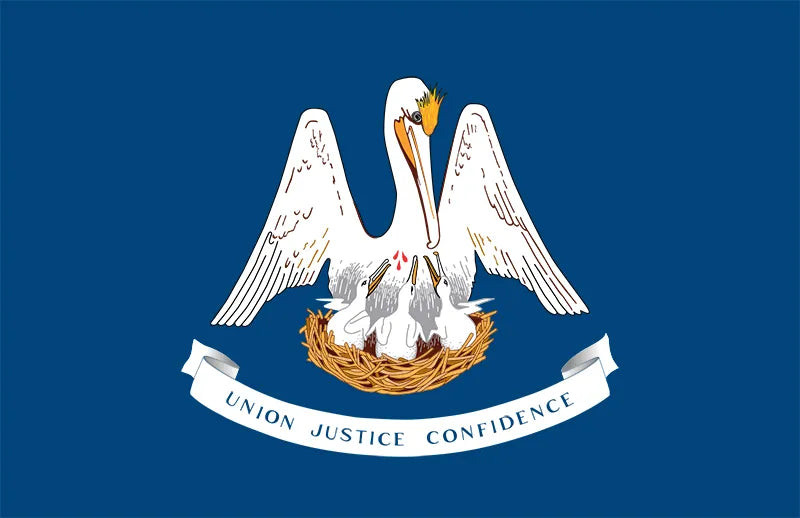
Trapping Squirrels in Louisiana – LA
Based on the information provided by the Louisiana Department of Wildlife and Fisheries, it is possible to trap squirrels in Louisiana. Squirrels are classified as small game, and a valid hunting license is required. Specific seasons, bag limits, and regulations may apply, so it is important to consult the department's guidelines to ensure compliance when trapping squirrels in Louisiana.
Quoted Material
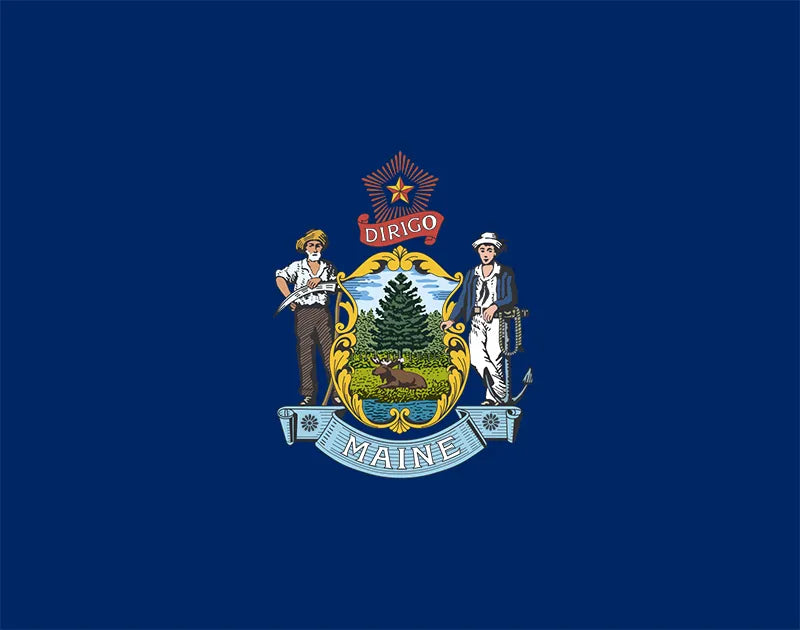
Trapping Squirrels in Maine – ME
Trapping squirrels is permitted in Maine. However, it is important to review the specific trapping seasons, methods, and requirements outlined in the department's regulations. It is crucial to obtain the appropriate licenses and adhere to the guidelines provided to ensure legal and responsible trapping of squirrels in Maine.
Quoted Material
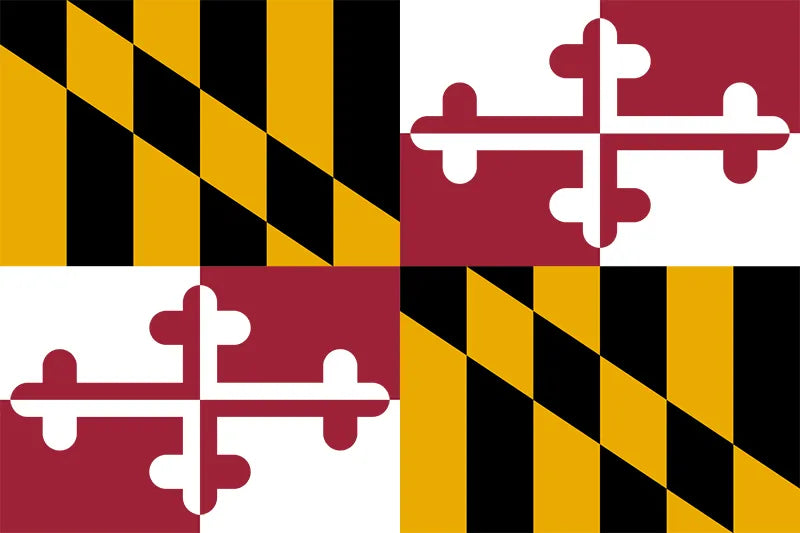
Trapping Squirrels in Maryland – MD
It is possible to trap squirrels in Maryland. A landowner permit is required, which can be obtained by contacting the department's Wildlife and Heritage Service. It is advisable to review specific trapping regulations and contact the department for further details on trapping squirrels in Maryland.
Quoted Material

Trapping Squirrels in Massachusetts – MA
If squirrels are causing damage to property, landowners have the right to take necessary measures to address the issue. In such cases, landowners are allowed to trap and remove the squirrels on their property. It is important to follow local wildlife regulations and consult with wildlife agencies or pest control professionals to ensure proper and humane handling of the situation. The use of poisons or chemicals to kill squirrels remains prohibited to protect the environment and non-target animals.
Quoted Material
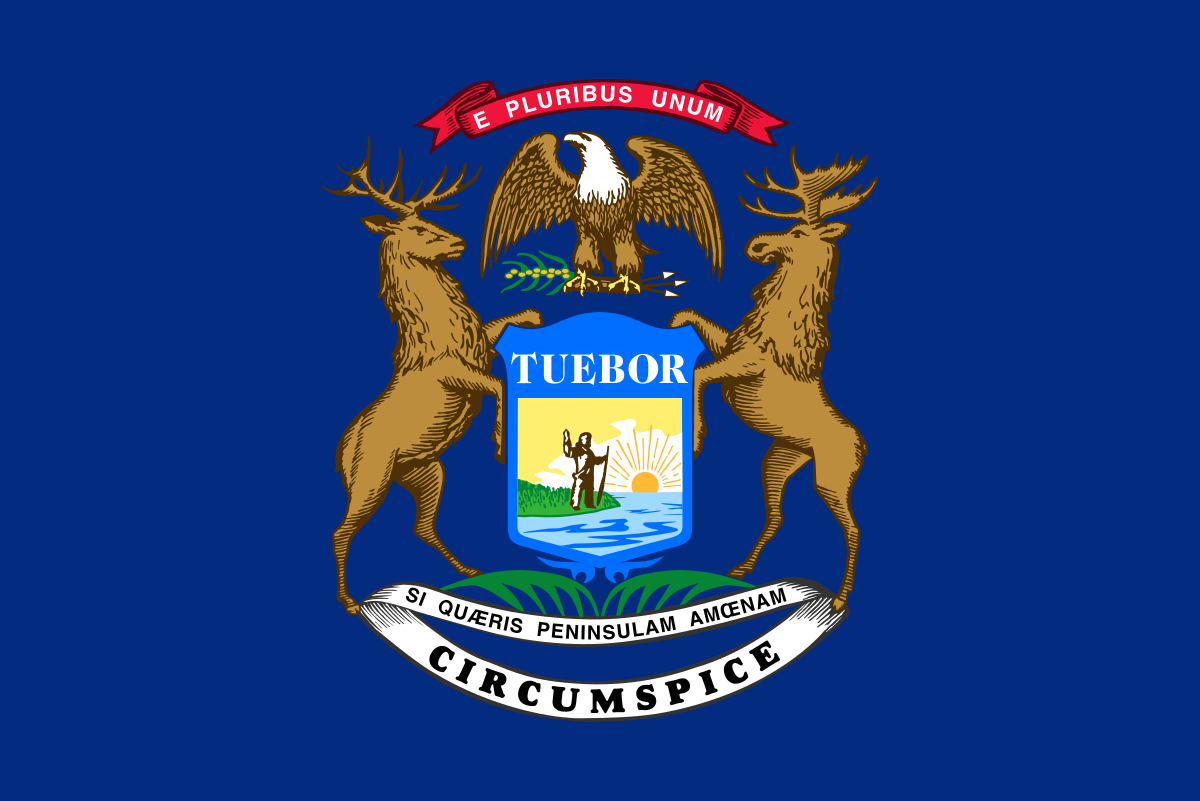
Trapping Squirrels in Michigan – MI
In Michigan, it is legal to trap squirrels under certain circumstances. If squirrels become a nuisance and cause damage to property, landowners or occupants can take necessary measures to trap and remove them. However, a valid hunting or trapping license is required, and it is recommended to consult local regulations and seek guidance from the Michigan Department of Natural Resources to ensure compliance with specific rules and restrictions.
Quoted Material
- Choosing a selection results in a full page refresh.
!



